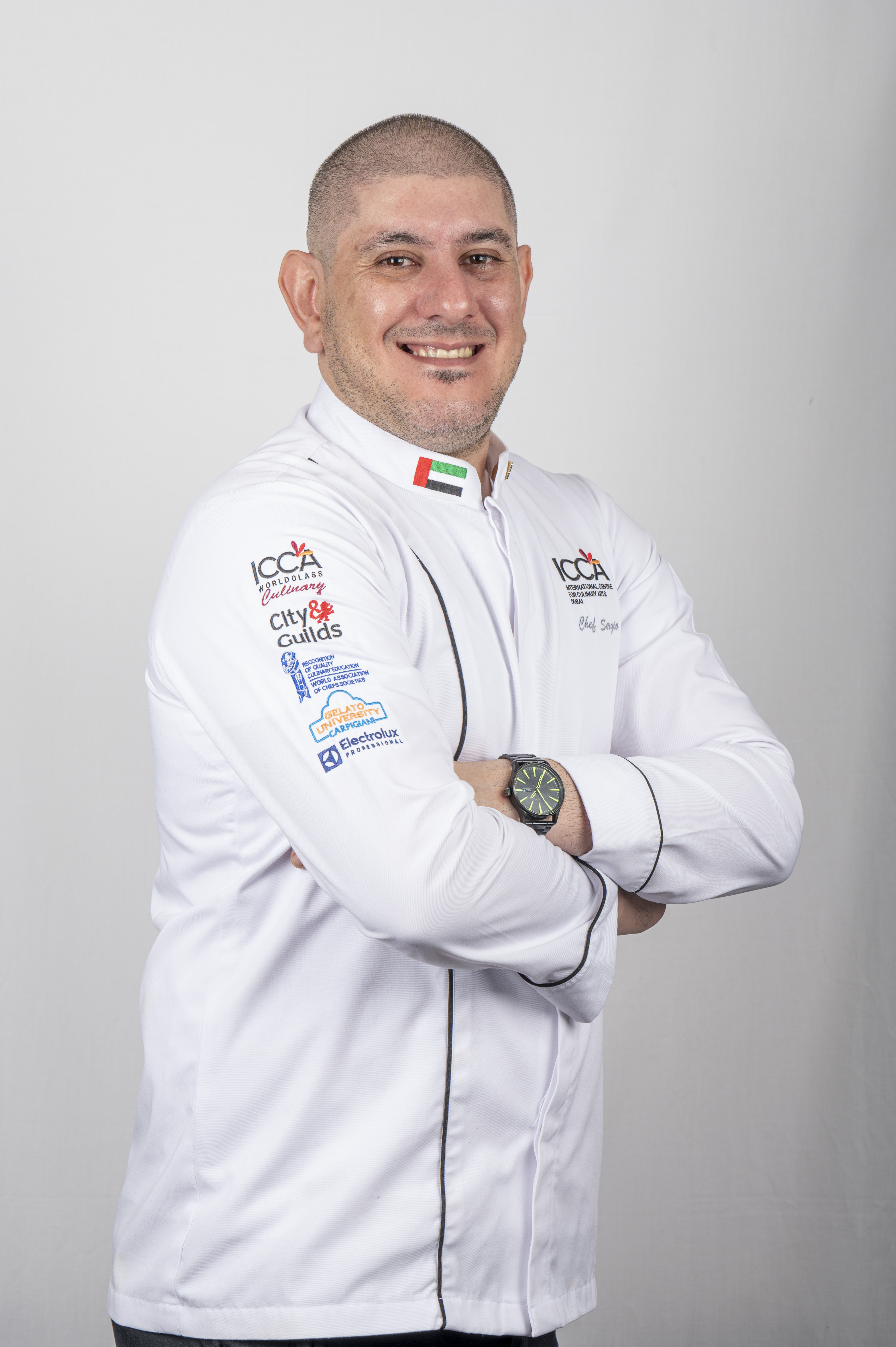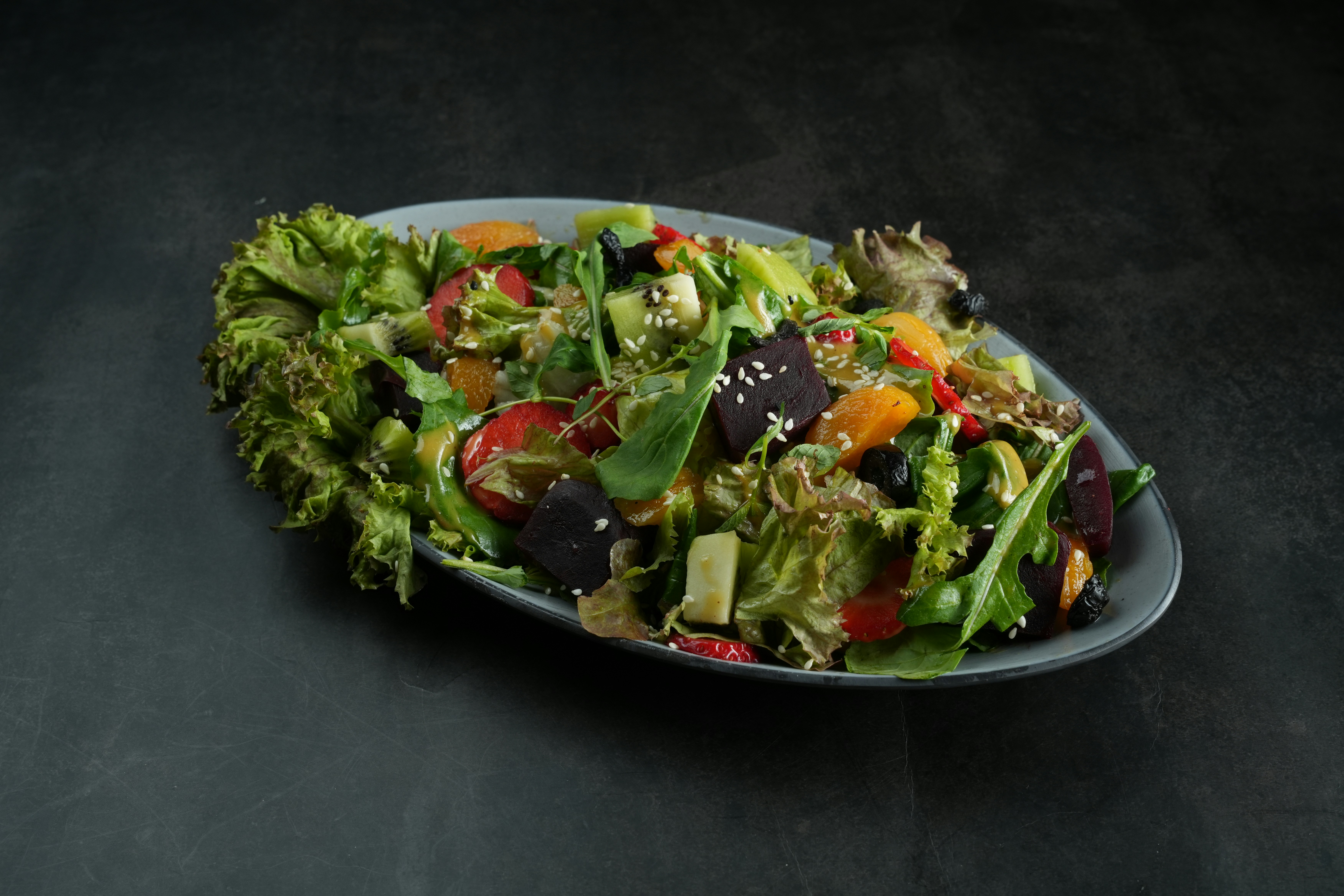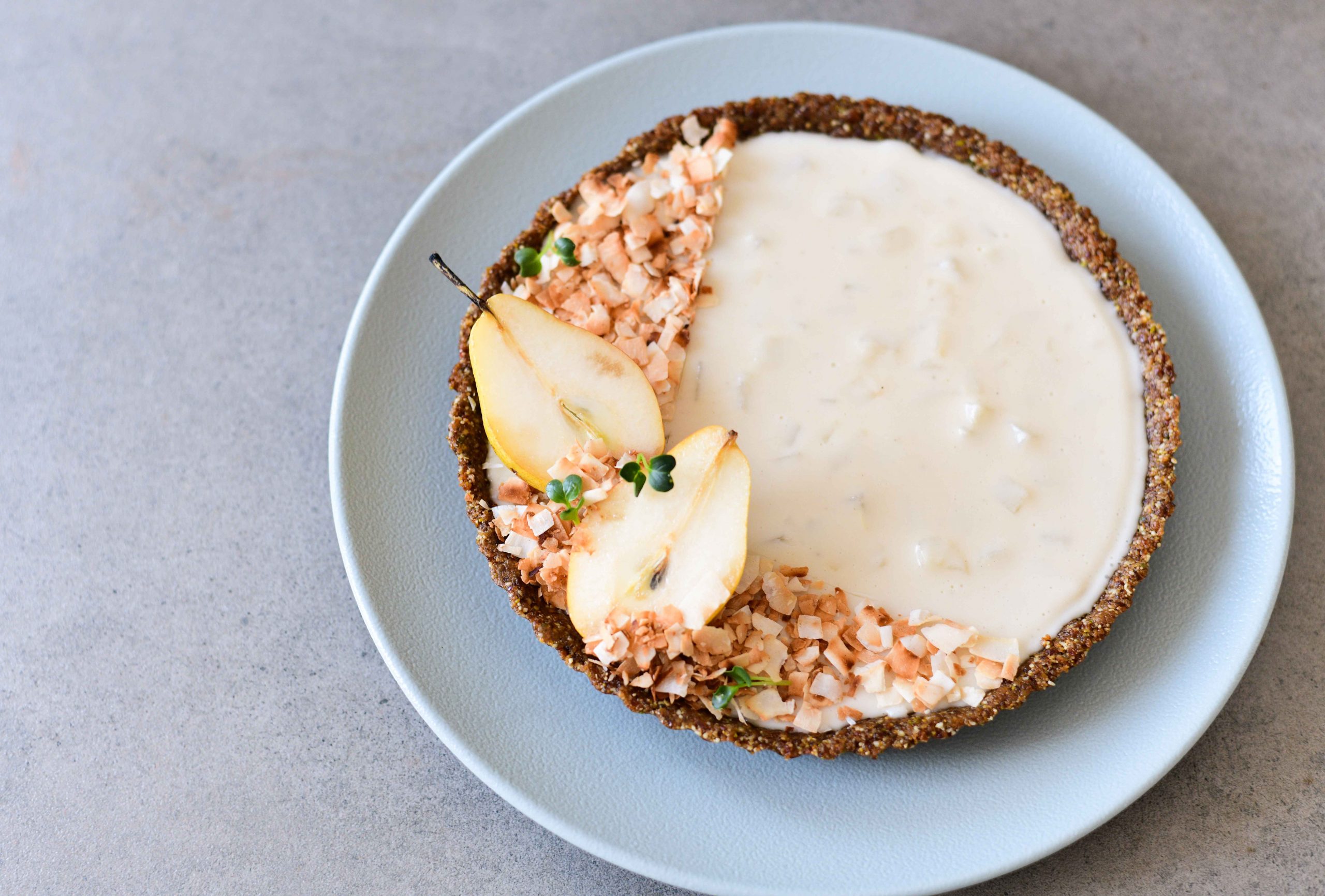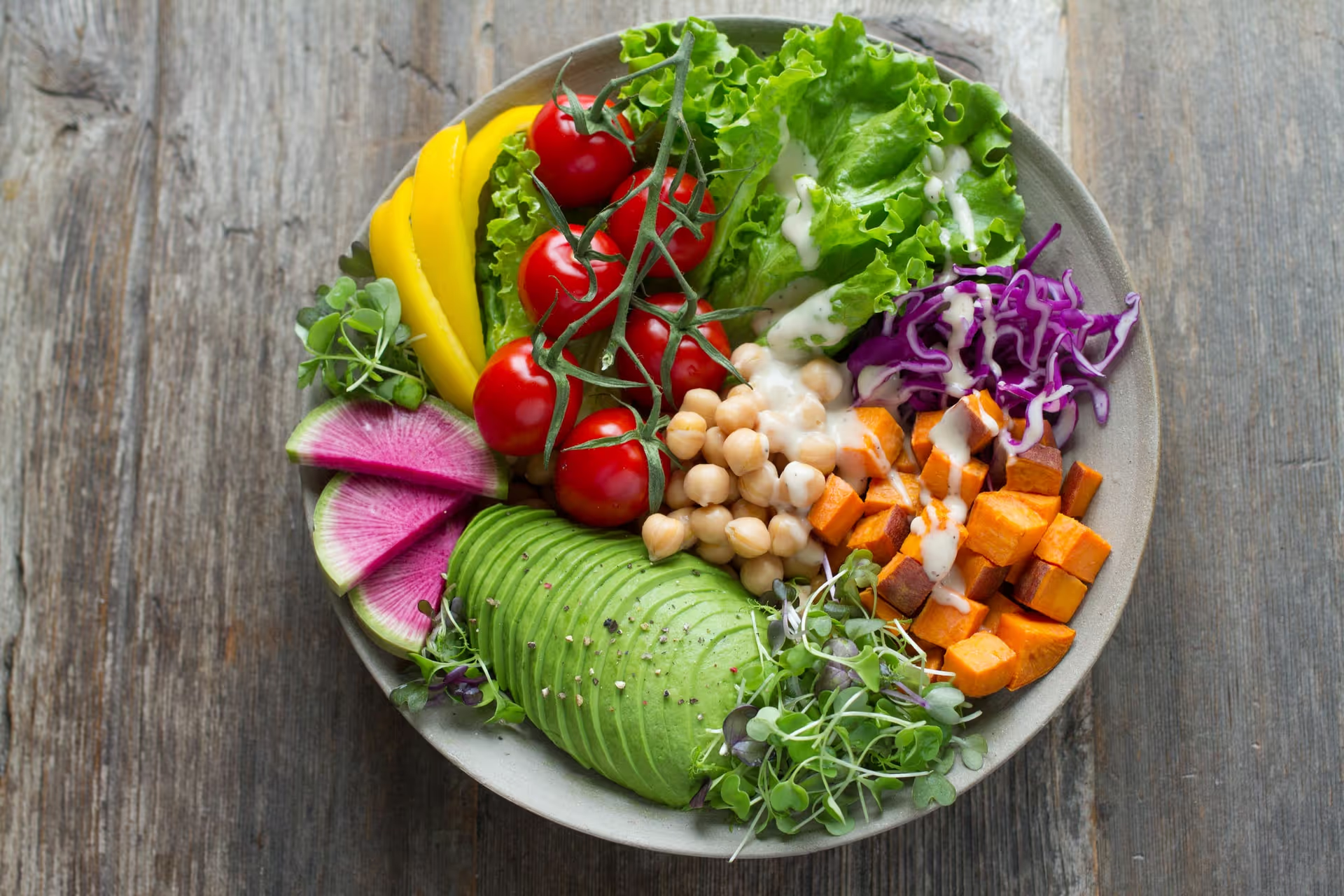Plant-based diets have cultivated a significant following all around the world in varying degrees. If you are an individual undergoing chef training in Dubai, it is crucial to study this evolution of the human diet and address the demand for nutritious plant-based products and meals.
For most people, a normal meal would consist of cuts of meat, some vegetables, and perhaps some grains or legumes. Today, however, more and more people are making the conscious decision to fill their dinner plates with more plant-based food, which means they are eating less meat, eggs, dairy, and other animal-based products (if they haven't already cut them out completely).
What brought about this change? Primarily, it's a heightened awareness of how diets can affect a person's health and the environment. As a result, plant-based diets have cultivated a significant following all around the world in varying degrees.
If you are an individual undergoing chef training in Dubai, it is crucial to study this evolution of the human diet and to explore ways for the restaurant and foodservice industries to address the demand for nutritious plant-based products and meals.
What is a plant-based diet?
As the name suggests, a plant-based diet is a pattern of eating foods derived primarily from plants. This includes vegetables, fruits, legumes, grains, seeds, beans, nuts and oils.
Following a plant-based diet is different from following a vegan diet, as the latter completely eliminates all meat and animal by-products. Plant-based eating means your diet focuses more on foods coming from plants, but also includes meat, fish, dairy and eggs on occasion. It also means that you eat more whole foods rather than processed foods.
What would a plant-based diet look like?
To give you an idea of how you can incorporate more plant-based foods in your meals, check out the following meal plan:
Breakfast options:
- A bowl of rolled oats with sliced almonds and mixed berries, plus soy milk and a dash of cinnamon
- A slice of whole grain bread with avocado and tomato slices
Lunch options:
- A teriyaki vegetable stir-fry with red, yellow and green peppers, broccoli, fresh ginger root, tempeh, and sesame oil
- Roasted sweet potatoes with corn kernels, black bean salsa and creamy cilantro dressing
Dinner options:
- Creamy lentil soup with carrots, chickpeas, kale and cumin
- Churrasco-style tofu steaks with chimichurri, roasted vegetables and crusty whole grain bread
Why should you focus on plant-based cooking?
As a professional taking culinary courses with the goal of being part of the restaurant industry in the future, why is it important to embrace, study and improve plant-based cooking today?
1. To take advantage of the health benefits of going plant-based
A close look at a general vegetarian diet (as well as the popular Mediterranean diet, which follows a largely plant-based foundation while also including food like fish, eggs, poultry, yogurt and cheese) reveals that eating more plant-based foods can adequately support a person's health because they offer optimal levels of protein, carbohydrates, fats, and vitamins and minerals. Consider the statistics related to plant-based diets and specific medical conditions:
- A study conducted by the Journal of the American Heart Association in 2019 found that middle-aged adults following diets high in nutritious plant foods exhibited a lower risk of contracting heart disease.
- Eating a reduced amount of meat has been found by the American Heart Association to lower a person's risk of high cholesterol, high blood pressure, stroke, obesity, type 2 diabetes and certain cancers.
- A 2018 review of vegetarian diets and the risk of diabetes by authors Melissa D. Olfert and Rachel A. Wattick revealed that plant-based diets could help people with diabetes lose weight, reduce the amount of medication they need, and improve additional significant metabolic markers.
- An article published in The Permanente Journal providing an update on plant-based diets to physicians suggested that individuals who consumed primarily plant-based diets, compared to people who regularly ate meat, tend to have a lower BMI or body mass index as well as lower rates of diabetes, obesity and heart disease.
2. To cater to the demand of an increasingly health-conscious UAE market
According to Truebell (a leading GCC importer of fast-moving consumer goods that is based in the UAE), plant-based and vegan diets are evidently becoming a major food product trend for 2020 and beyond.
The company's Divisional Manager for Retail & Food Service, Bhushant J. Gandhi, says that vegan and plant-based diets as well as meat replacements such as tofu, tempeh and seitan are gaining traction across the UAE. This is brought about by increasingly health-conscious populations who, in addition to being interested in vegan and vegetarian diets, are also curious about other healthful offerings such as gluten-free food, collagen-rich drinks, and organic produce.
In addition, UAE-based frozen food company Healthy Farm aims to convert more meat-eating consumers into plant-based advocates. Jacek Plawa, Healthy Farm's General Manager, predicts that “15-20 percent of meat consumption in the UAE and the region will be plant-based by 2025.”
3. To welcome the emergence of vegan products and plant-based meat alternatives in the UAE
In 2016, a Los Angeles-based company called Beyond Meat launched the first plant-based burger to be sold in meat sections in grocery stores. The brand's patty is nothing like a typical veggie burger. Rather, it is made of pea proteins, coconut oil and yeast extract and is designed precisely to “look, cook and satiate just like a fresh beef burger.
”The Beyond Burger was yet unheard of in the UAE in 2018. However, by November 2019, the product is listed in 60 outlets across the region. This is representative of how more and more UAE cafes, restaurants and hotels are creating menus that include vegan or plant-based products.Other examples:
- Flexi Kitchen, a delivery service for "flexitarians" (a combination of "flexible" and "vegetarian" or people who consume mostly plant-based food without completely cutting out meat), launched in late 2019 and has its own version of the Beyond Burger.
- The Impossible Burger, a soy and potato protein-based burger patty from Impossible Foods Inc., was introduced in the UAE in January 2020.
- Bareburger, Pickl, Sheikh and Shake, and Nolu's are other examples of restaurants in Dubai and Abu Dhabi where consumers can find vegan meat alternatives.
A Plant-Based UAE
The prominent presence of plant-based offerings in restaurant menus in the UAE points to a growing demand for healthier dining options and an increasingly health-conscious market.
If you are training to become a culinary professional with the goal of working in the foodservice or restaurant industry, or opening your own restaurant someday, it pays to study current dietary trends and consumer behaviour. Learning about ways to prepare and present plant-based ingredients and meat alternatives is sure to prove valuable and rewarding as you progress through your culinary career. Healthy eating is becoming a priority, and mastering plant-based cooking today can be your contribution towards building a healthier UAE in the future.
Get in touch with us at ICCA Dubai for more information on the courses and programs we offer.




-min.jpg)





